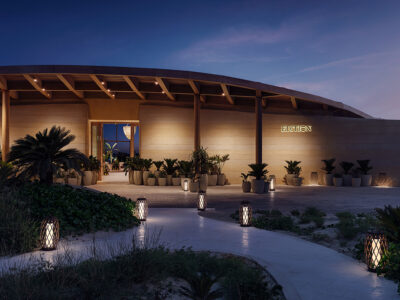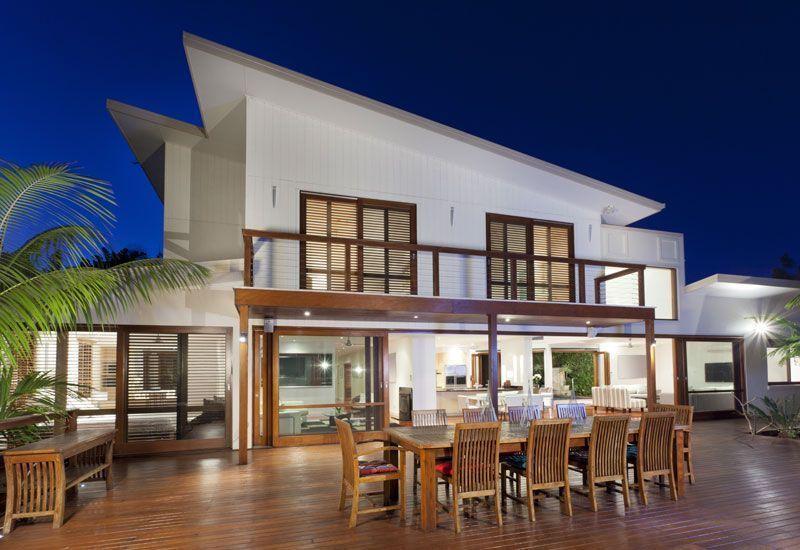The UAE is witnessing a rush for staycations – or short domestic leisure trips – in the current summer holiday season, from both locals and expats, as the home-fatigued population is looking to travel domestically, according to hospitality and travel industry insiders.
The sector is also seeing an uptick in demand for alternative accommodations such as villas, holiday homes and homestays, as the pandemic-wary travellers look for comfort, privacy and exclusivity at a home away from home.
“As the summer holiday season approaches, we are seeing that staycations and mini-holiday options are emerging as the most sought after travel formats by both the Emirati and expat population in the region,” Rajesh Magow, co-founder and group chief executive officer of MakeMyTrip (MMT), told Arabian Business.
“The fact that various international leisure destinations still remain out of bounds for travellers is another reason why holiday makers are looking inwards to travel domestically,” said the chief executive of the India-based MMT, which has a major presence in the UAE.
“Our staycation offerings saw a fabulous response during this period,” Magow added.
 Rajesh Magow, co-founder and group chief executive officer of MakeMyTrip.
Rajesh Magow, co-founder and group chief executive officer of MakeMyTrip.
Top executives in the hotel industry in the country also confirmed the increased preference for staycations by travellers from the region.
“We are certainly seeing an increase in staycations,” Manu Midha, head of Middle East operations at global hospitality chain OYO Hotels and Rooms, told Arabian Business.
“In a post-Covid-19 world, people want to go only as far as they can drive instead of flying or taking the bus,” Midha said.
Midha also revealed that between 80 and 85 percent of OYO’s guests are from the domestic market and are mostly millennials or locals living in the city where the hotel is located or on the outskirts.
According to Midha, the pandemic is also revealing that people are not looking to experiment and stay at a new hotel, as hygiene is a major concern.
“Instead, they prefer to stay at tried-and-tested accommodation such as OYO”, he said, adding that about 30 to 40 percent of the chain’s business has come back, mainly thanks to the rising demand for staycations.
 Manu Midha, head of Middle East operations at global hospitality chain OYO Hotels and Rooms.
Manu Midha, head of Middle East operations at global hospitality chain OYO Hotels and Rooms.
Midha also said the trends and data from the countries which have lifted isolation protocols have shown that domestic tourism is playing a fundamental role in the initial recovery phase.
“We also see a preference towards independent travel, with travellers avoiding large tour groups and instead opting for smaller hotels,” Midha said.
Raj Rana, chief executive officer of the UAE-based Citymax Hotels and Foodmark, said with the UAE successfully vaccinating a large population already, people are now ready to travel.
“Staycations in the UAE have always been a trend, and for Dubai we surely expect to see a continuation in staycations from residents of neighbouring emirates also,” Rana said.
“We predict ourselves moving towards pre-Covid Revpar (revenue per available room) in early 2022,” said the chief executive of Citymax, which has five hotels across the UAE and one in Egypt.
 Raj Rana, chief executive officer of the UAE-based Citymax Hotels and Foodmark.
Raj Rana, chief executive officer of the UAE-based Citymax Hotels and Foodmark.
The rise in domestic travel in the region is already evident with hotels in the Middle East recording higher occupancy rates this Ramadan, compared with last year.
The average occupancy rates stood at 53.1 percent during the week from May 10 to 16, when Eid was celebrated, according to Smith Travel Research (STR) report.
Industry officials said this figure is only slightly below the occupancy rates recorded in 2019.








